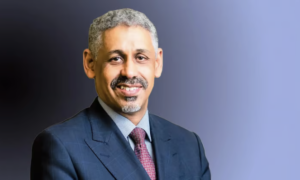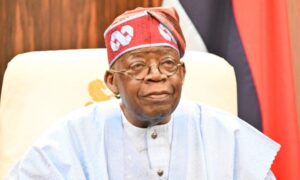- Cancels National policy on language
BONNY AMADI WITH AGENCY REPORT
Knowledge impartation in schools in all parts of Nigeria, henceforth would be rendered in English language, and not in any form of local language.
The development, many have argued, would further endanger the country’s indigenous languages, many of which are currently going out of extinction.
The Nigerian President Tinubu led government on Wednesday announced suspension of the use of indigenous languages as the medium of teaching in Nigerian schools, directing teachers nationwide to prioritise English as a medium of instruction.
The Minister of Education, Dr. Tunji Alausa, announced the ban midweek during the Language in Education International Conference 2025, organised by the British Council in Abuja.
The two-day event, themed “Language, Education and Inclusion: Empowering Every Learner,” brought together policy makers, educators, researchers, and development partners from Africa, South Asia, and the UK to discuss strategies for promoting equitable and quality education through language.
Alausa explained that while preserving indigenous languages remains important for cultural identity, English would now serve as the primary language of instruction from pre-primary to tertiary levels to enhance comprehension, learning outcomes, and global competitiveness.
“The English language should be used to teach our students at all levels as a means of instruction,” the minister said.
“Over the years, mother tongues have been used to teach, and this has largely been responsible for the failures recorded in exams.
“The national policy on language has been cancelled. English now stands as the medium of instruction across all levels of education,” he added.
Alausa noted that English serves as a unifying tool across Nigeria’s diverse linguistic landscape, providing students with wider access to global knowledge, technology, and international opportunities.
He added that the decision was informed by data showing that excessive reliance on mother tongue instruction in some regions had negatively affected students’ performance in national examinations such as WAEC, NECO, and JAMB.
According to the minister, the new policy reflects a shift toward evidence-based governance, moving beyond what he de- scribed as an emotional attachment to language identity in the education sector.
In a related development, the British Council reaffirmed its commitment to advancing inclusive and equitable education through language-responsive teaching across Sub-Saharan Africa.













